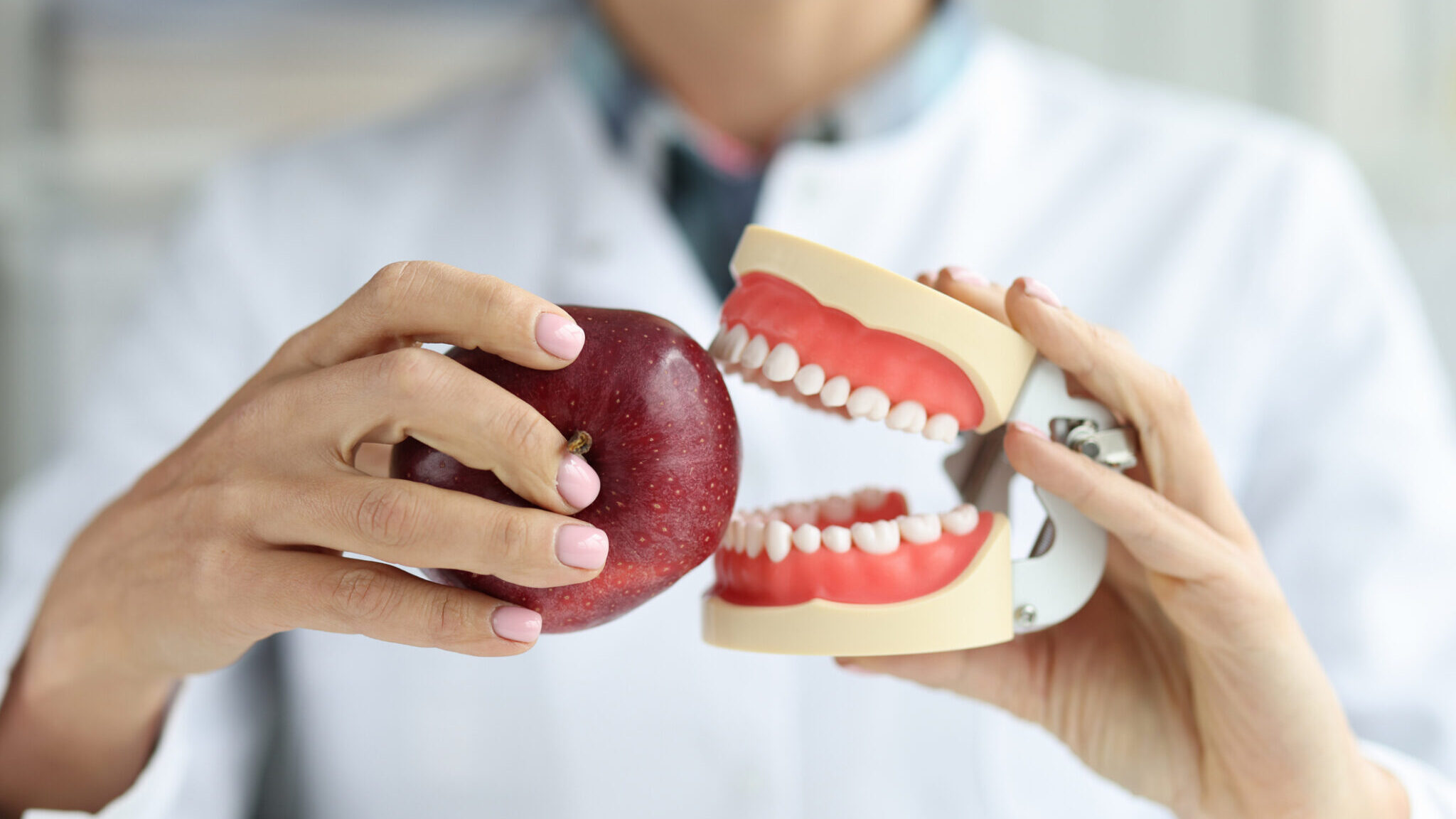The conditions created for the healthcare industry in 2020 have created substantial pressures for professionals within the industry—dental hygienists and other dental professionals included. A 2021 journal published in the BMC Journal of Systematic Reviews found that, globally, there is huge scope for dental hygienists feeling extra pressure—socially, professionally and ethically. The pressures put on hygienists are greater than they have ever been before, and that can lead to a degradation in overall quality of life. Tackling this challenge head-on, and looking to make small adjustments to your lifestyle, can help you build resilience.
Healthier diet
Long-term change within your place of work can be difficult. What can be achieved with a little determination, however, are changes at home. With the amount of people needing medical care rising, professionals in dentistry, and indeed all fields, have felt the pressure of working long hours—as highlighted by the New York Times. With those long hours comes the temptation to fall into damaging lifestyle habits, such as eating junk food. While dental hygienists would love to practice what they and their colleagues preach, it isn’t always so easy to do so. Consider the use of on-demand meal kits; one rising trend are meal kit delivery services, which can provide a balanced dinner for good oral health while being simple to prepare with limited time.
Better sleep
Alongside nutrition, sleep is often the first casualty of disruption to normal working patterns. This can be very detrimental to job performance. A study published by the Making Healthcare Safe journal found that healthcare professionals with longer sleep deprivations were up to 36% more likely to make mistakes than their peers. That’s a huge risk to take. Sleep can often be hard to find after a stressful day as the working day leaks into relaxation hours; however, it’s an important place to focus. Make a strict schedule for sleeping and waking, and practice good sleep hygiene, such as blue light off thirty minutes before putting your head down. It will pay off in the long run.
Improving energy
The situation that healthcare professionals, dental hygienists included, find themselves in will hopefully not perpetuate forever. In the short term, however, a better source of energy needs to be found to counter it. The CDC make a range of recommendations for professionals to help counter fatigue; among these tips, which include taking naps and timing caffeine breaks, is the use of fatigue management. This can include meditation, reducing out-of-work commitments, and creating a relaxing environment at home. Enabling your body and mind to fully disengage after the stress of the working day is crucial to achieving this; it allows you to empty your mind of the anxieties of the day and enjoy proper rest.
When workloads do reduce and a sense of normality resumes, these principles will help you to enjoy a better quality of life. Even during the lowest-stress weeks, many working adults would enjoy more of a sense of relaxation and less stresses. Changing your habits to enable that is a gift to yourself for life.
About the Author
 Jennifer Hawley is an occupational health therapist turned freelance writer. She has a passion for digital and health related topics and loves exploring and commenting upon the latest research. When not working, she loves to visit family in Europe, enjoys horse riding with her children and reading as much as possible.
Jennifer Hawley is an occupational health therapist turned freelance writer. She has a passion for digital and health related topics and loves exploring and commenting upon the latest research. When not working, she loves to visit family in Europe, enjoys horse riding with her children and reading as much as possible.












